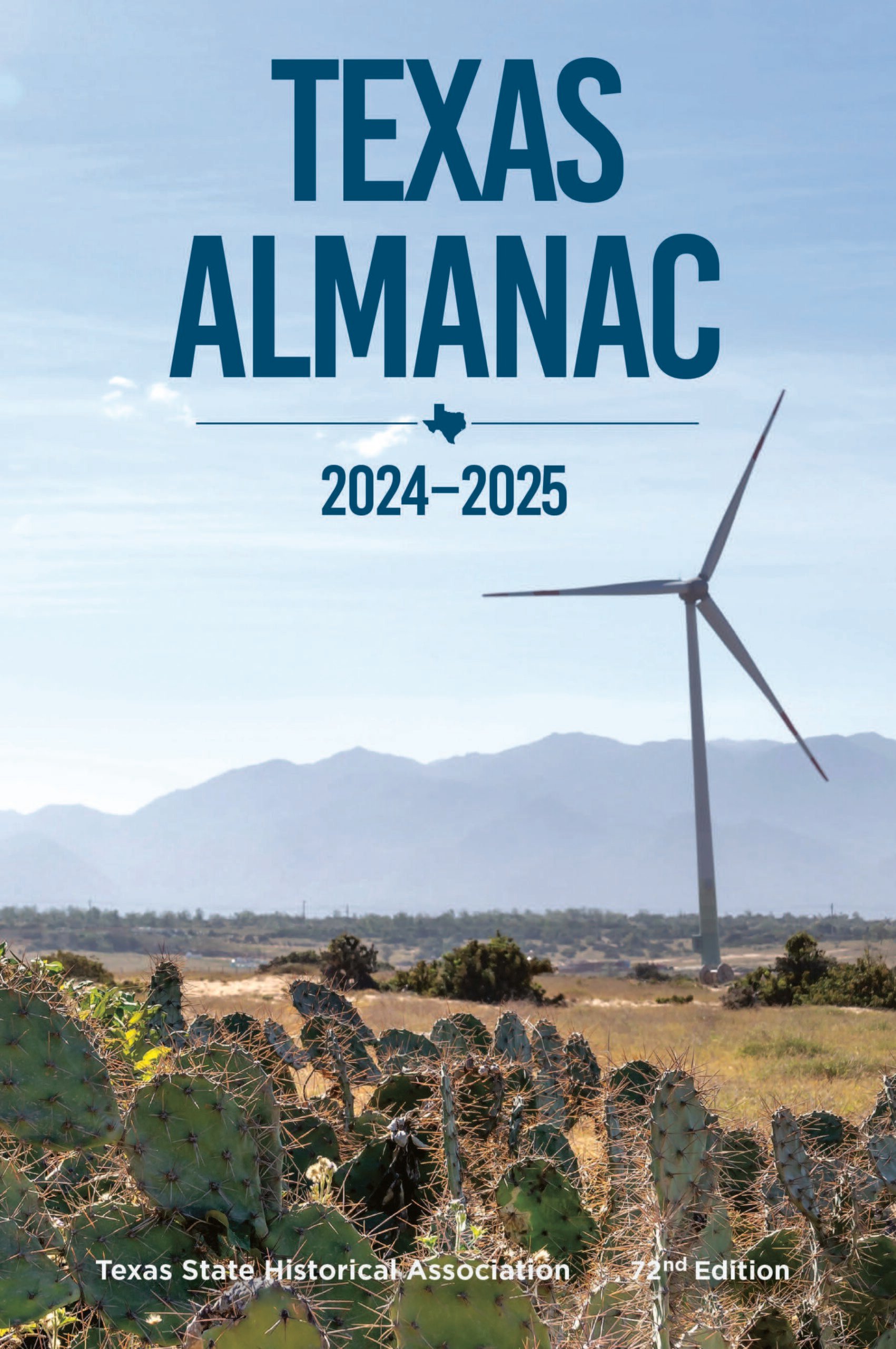Anaqua
Anaqua, possibly the first site in Texas to receive a name, is on the San Antonio River twenty miles south of Victoria in Victoria County. It is described by Álvar Núñez Cabeza de Vaca, as the habitat of the "Iguaces" Indians, whom authorities believe to have been the Anaquas, a Tonkawa group. The locale was named for the anaqua trees (Ehretria elliptica) common in the area. Carlos de la Garza built a chapel there as early as 1820, and Anglo settlers came after 1836. These early homesteaders used the wood from the "knock-away" or anaqua trees for posts, wheel spokes, axles, yokes, and tool handles. Anaqua became a trading post at which a ferry operated for many years. A post office, which at first was simply a box nailed to a big anaqua tree, was established in 1852, and the community also erected a rural school. The population grew from fifteen in 1884 to twenty-five in 1890. In 1906, however, the settlement's focus was drawn five miles east when the St. Louis, Brownsville and Mexico Railway established a station at McFaddin. The Anaqua post office had been closed by 1919, and the school had become part of Kemper City Common School by 1963. The Anaqua area is the site of the Anaqua oilfield. (see CARLOS RANCHO, TEXAS.)
Kathryn Stoner O'Connor | © TSHA

Adapted from the official Handbook of Texas, a state encyclopedia developed by Texas State Historical Association (TSHA). It is an authoritative source of trusted historical records.

- ✅ Adoption Status:
Belongs to
Anaqua is part of or belongs to the following places:
Currently Exists
No
Place type
Anaqua is classified as a Town
Associated Names
- (Carlos)
Location
Latitude: 28.55222100Longitude: -97.06915630
Has Post Office
No
Is Incorporated
No

